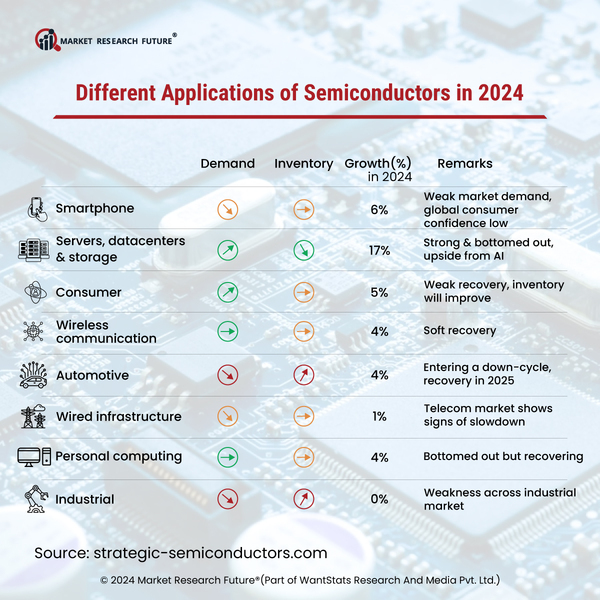Graphene Can Change the Face of Semiconductor Industry in the Future
The semiconductor industry gives breakthroughs in the industry with growing demand for semiconductor chips in the different sectors of the market. The growth of artificial intelligence accelerates semiconductor usage in industries like technology, automotive, healthcare, and others. The semiconductor industry is expected to experience elevated sales throughout 2024 with the increasing demand from the industrial sector.Experts believe that other semiconductor chips will take over silicon ones soon, as the industry is currently dominated by other semiconductors by up to 60 percent. Based on recent research, researchers claim that another kind of graphene amalgamated with silicon carbide can become the future of chipmaking and quantum computing. Thus, the study claims to reveal the first graphene semiconductor in the world in 2024. Silicone is available in the environment and affordable, making the material mostly opt for semiconductors. However, limitations on silicon to produce semiconductors are increasing gradually, which insists researchers find a better alternative. Graphene is a suitable replacement for silicon for its better conduction properties than silicone. Graphene lacks the band gap property, making it ineligible for chipmaking. However, silicone carbide comes to the rescue to make graphene suitable for the semiconductor industry. Graphene can be more beneficial to the sector than silicone as it shows promising results due to its properties.
Experts believe that graphene, replacing silicon in the semiconductor industry, can upgrade the applications to match the existing trends. It can also benefit the transition to green energy since chipmakers are experimenting with silicon carbide for electric vehicles and others. Graphene can be more useful in cases of quantum computing, as leading tech companies like Google, Rigetti, and others are looking forward to superconducting models shortly. Graphene can operate at the lowest temperatures for its quantum mechanical wave-like properties. Researchers anticipate broadly using graphene in quantum computers for advanced productivity.






